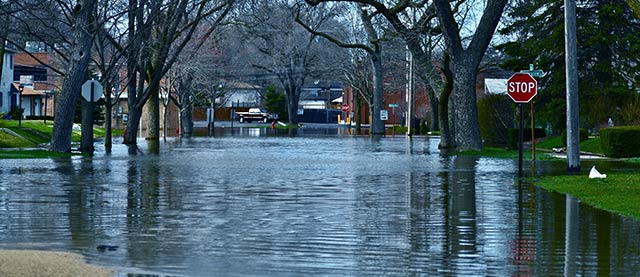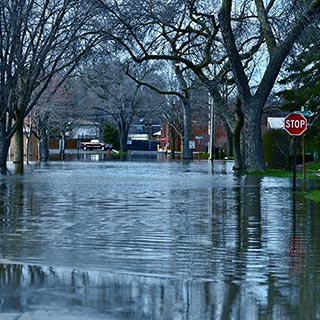There’s more to keeping you safe on campus than knowing to call 9-1-1 in an emergency. Protecting your belongings and passwords is one such necessity. Knowing what to do in case of a fire, assault, or school shooting is another. Equally important are knowing how to stay in control if you choose to drink, the consequences of illegal drug use, and how to get home safely after a night out. Your personal safety on and off campus is important; learn the challenges and dangers you may face ahead of time so you can be prepared just in case.
Being Prepared for Emergencies on Campus: Know who to call in case of an emergency, and understand what constitutes a true emergency and what only needs the attention of campus security.
Walking Safely: Walking alone and being distracted can make you a target. Download the right apps and know when it’s safer to call a friend for a ride than to walk.
Preventing Theft: Most of theft prevention is common sense. Lock your doors, don’t leave valuables alone and in plain site, and don’t share your passwords.
Preventing Fires: The majority of fires occur in the kitchen, but that doesn’t mean you shouldn’t be prepared for the worst. Know your evacuation routes, how to use a fire extinguisher, and when it’s safer to leave than fight.
Preparing for the Worst: School Shootings: School shootings are frighteningly common. Know how to react and keep yourself safe in the event of an active assailant on campus.
Internet Safety: Keep yourself safe from hackers by using complex passwords; shopping only with a credit card; and maxing out your firewall, antivirus, and antispyware protection.
The Many Faces of Bullying: Bullying can range from name-calling and peer pressure to hazing and hate speech. It is never acceptable, and there are resources on campus to help you.
After an Assault: Anyone may become the victim of assault, which is either the threat of a physical attack or a physical attack. The police, hospital staff, campus resources, friends, and family are there to help you recover.
Drinking Smart: Alcohol use is illegal for students under 21 years old, but many gain access to alcoholic beverages anyways. Know the law, your limits, and how to stay safe while partying.
Drug Use: Drug use, with the exception of marijuana in some states, is illegal, yet students get their hands on all sorts of substances. Know the risks.
Preparation and Recovery: Natural disasters can strike anywhere, and being prepared is the best way to stay safe. Know the risks in your area and what to do in case of emergency.
Natural Disasters Described: Different parts of the country are at risk for different types of natural disasters. Know what to look out for and how to respond to weather emergencies.
Staying Safe in a Hot Climate: Too much exposure to sun and heat can cause sunburn, heat exhaustion, and heatstroke. Stay safe by wearing sunscreen, avoiding alcohol, and drinking plenty of water.
Staying Safe in a Cold Climate: It’s important to dress in layers, avoid alcohol, and stay hydrated in cool weather. Otherwise, you’re at risk for hypothermia and frostbite.







